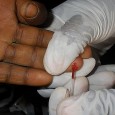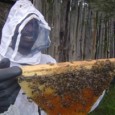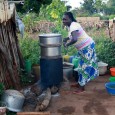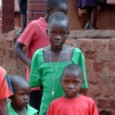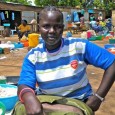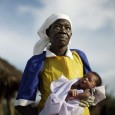Most South Sudanese victims, refugees, and Internally Displaced Persons (IDPs) are women and children. Investing in them is not just the right thing to do—it is also the smart thing to do.
When You Teach a Woman to Fish, Everybody Eats
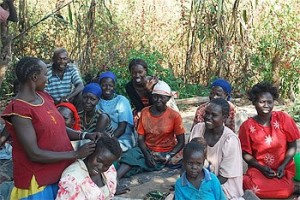 Study after study shows that women in poor countries are twice as likely to spend their income on food, education, and healthcare for their children. When women are thriving, they create a ripple effect that helps lift entire communities out of poverty in the long-term.
Study after study shows that women in poor countries are twice as likely to spend their income on food, education, and healthcare for their children. When women are thriving, they create a ripple effect that helps lift entire communities out of poverty in the long-term.
Unfortunately, women in South Sudan—particularly returning refugees and IDPs—face enormous social and economic barriers that cripple their ability to thrive and help lift their communities out of poverty.
- Virtually all women in South Sudan are illiterate and have never had any formal education.
- Many women refugees and IDPs are the survivors of rape and other sexual violence during the war. Families and communities often reject women and girls who have been raped and sexually assaulted. These women, isolated and ashamed, are then forced to find their own way and live in poverty.
- Many women refugees and IDPs are single mothers caring for three or more children—their own off-spring, the children of relatives, war orphans, or children separated from their families.
- Just about all women and girls spend more time taking care of children, the infirm, and the elderly as well as gathering food, firewood, and water—often travelling great distances by foot on a daily basis. This leaves women little time left in the day to earn a decent living.
- One in nine women refugees and IDPs die in pregnancy or childbirth.
When You Educate Poor Children, You Break the Cycle of Poverty
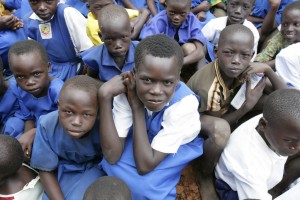 Study after study also shows that each child out of school contributes to extreme poverty. An uneducated girl is eventually prevented from giving her own family a good start in life and contributes to slow economic growth and social development in her country as a whole. An uneducated boy is unlikely to escape a family cycle of hard labor and typically earns less than his educated counterparts. Most importantly, uneducated boys and girls will be unable to direct the future of their communities and country.
Study after study also shows that each child out of school contributes to extreme poverty. An uneducated girl is eventually prevented from giving her own family a good start in life and contributes to slow economic growth and social development in her country as a whole. An uneducated boy is unlikely to escape a family cycle of hard labor and typically earns less than his educated counterparts. Most importantly, uneducated boys and girls will be unable to direct the future of their communities and country.
Even though education is desperately needed in South Sudan to break the cycle of poverty, less than a quarter of primary school-aged children are enrolled in school. Three times more boys than girls attend school, and drop-out rates for girls are the highest in the world. Girls are kept at home to help run the household or exchanged for a dowry (an important source of income and lifestock for destitude families) and married at a young age.
The areas Hope Ofiriha serve are also home to tens of thousands of war orphans, children separated from their families, former child soldiers, and refugee and IDP children. These children have experienced trauma, separation from their families, displacement, malnutrition, physical or sexual abuse, and other deprivation. Not only do they desperately need to go to school, they are in dire need of food, shelter, clothes, and medical care.

